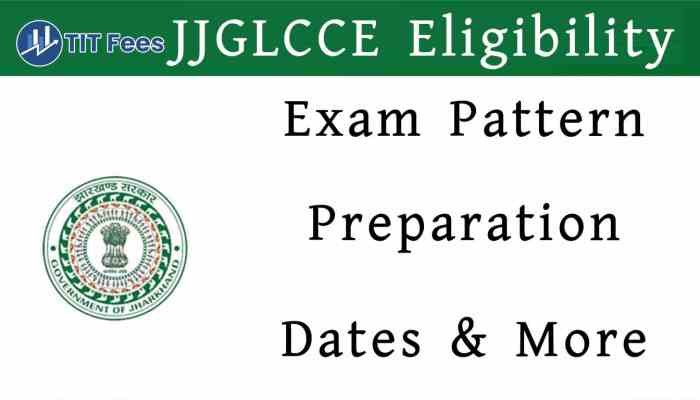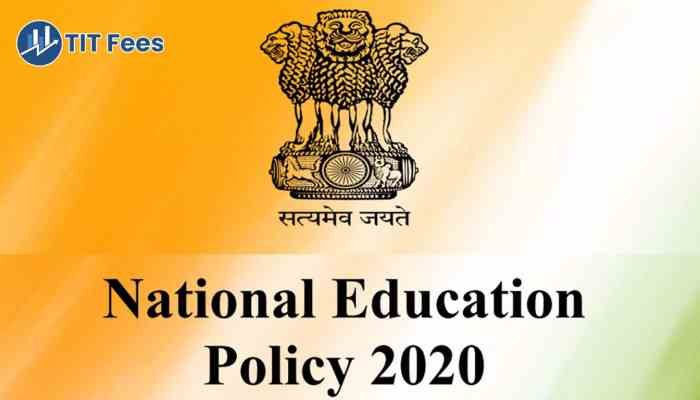MBA Fees India: What You Really Need to Know Before You Apply
So, you’re thinking of doing an MBA fees India? Great choice! But let’s face it, the very first question that hits most of us like a ton of bricks is: How much does it cost? Trust me, I’ve been there too. Navigating the cost of an MBA isn’t just about reading a fee chart—it’s about understanding what you’re really paying for, what’s worth it, and how to make smart financial decisions without sinking into debt.
In this blog, I’m going to break down the real picture of MBA fees India in 2025—whether you’re aiming for the IIMs, looking at mid-tier B-schools, or exploring budget-friendly options. I’ll also share my personal thoughts, realistic tips, a simple fee comparison table, and answer those burning questions that haunt every MBA aspirant.
Why MBA Fees in India Vary So Much
If you’ve browsed a few college websites already, you’ll know that MBA fees in India swing wildly. Some programs charge as low as Rs. 2 lakh, while others touch the Rs. 35 lakh mark. Why?
Here’s what you’re actually paying for:
- Brand and Reputation – IIMs, ISB, and top private colleges charge a premium for their name.
- Faculty and Infrastructure – Better professors, global collaborations, high-tech campuses = higher fees.
- Placement Opportunities – Schools with high ROI and salary packages obviously come at a cost.
- Program Duration & Format – A one-year executive MBA or a two-year full-time residential program?
- Location – Metro cities usually mean higher costs for living, but also better networking and internships.
MBA Fees India: 2025 Fee Structure Comparison Table
To make your life easier, I’ve put together a quick comparison table of top, mid, and budget MBA programs in India. This should help you get the lay of the land.
| Institute | Total Fees (INR) | Duration | Location | Entrance Test | Scholarships Available |
|---|---|---|---|---|---|
| IIM Ahmedabad (PGP) | Rs. 26.5 Lakhs | 2 years | Ahmedabad | CAT / GMAT | Yes |
| IIM Bangalore (PGP) | Rs. 26 Lakhs | 2 years | Bangalore | CAT / GMAT | Yes |
| ISB Hyderabad (PGP) | Rs. 33.16 Lakhs | 1 year | Hyderabad | GMAT / GRE | Yes |
| NMIMS Mumbai (MBA) | Rs. 25 Lakhs | 2 years | Mumbai | NMAT | Limited |
| SIBM Pune (MBA) | Rs. 24.2 Lakhs | 2 years | Pune | SNAP | Limited |
| IMT Ghaziabad (PGDM) | Rs. 21.53 Lakhs | 2 years | Ghaziabad | CAT / XAT / GMAT | Yes |
| FMS Delhi (MBA) | Rs. 2 Lakhs | 2 years | Delhi | CAT | Yes |
| JBIMS Mumbai (MMS) | Rs. 9 Lakhs | 2 years | Mumbai | CAT / MAH-CET | Yes |
What Does That Fee Really Include?
Don’t just look at the tuition. Often, these fees cover:
- Hostel and accommodation
- Library and resource fees
- Mess/food expenses
- Global immersion programs (in some cases)
But not always. Be sure to read the fine print.
My Take: Is a High-Fee MBA in India Worth It?
Honestly? It depends.
If you’re getting into IIM Ahmedabad, IIM Bangalore, or ISB—I’d say go for it if you have the resources or can manage a loan. The ROI is usually solid. For instance, IIM-A grads often land salaries upwards of Rs. 25-30 LPA, making that Rs. 26.5 lakh fee seem justifiable.
But if you’re looking at a private college with Rs. 20+ lakh fees and average placements of Rs. 8-10 LPA—pause and reconsider. Is there a more budget-friendly option (like FMS or JBIMS) that gives you a better bang for your buck?
Also Check: Coaching Institute Fees in India
Scholarships and Financial Aid: Don’t Miss Out
Many B-schools offer:
- Merit-based scholarships (e.g., Aditya Birla, OP Jindal)
- Need-based grants for students from low-income families
- Diversity scholarships for women and non-engineering backgrounds
Always apply. You’d be surprised how many people skip this step!
FAQs About MBA Fees India
Q1. Which is the cheapest MBA college in India with high ROI?
FMS Delhi and JBIMS Mumbai top the list. Fees are low, but placements rival the IIMs.
Q2. Do MBA fees include hostel and food?
Sometimes yes, sometimes no. Always check the break-up on the official website.
Q3. Can I get a loan for MBA in India?
Absolutely. Most national and private banks offer student loans with a moratorium period.
Q4. Is it better to do an MBA in India or abroad in terms of cost?
In terms of tuition, India is more affordable. But ROI and exposure abroad may be higher. Depends on your goals.
Q5. Are MBA fees refundable if I withdraw?
Partially. Most colleges refund based on UGC norms, but deductions apply. Read the cancellation policy.
Pro Tips to Manage MBA Fees in India
- Use an EMI calculator before taking a loan – Know what you’re signing up for.
- Start a side hustle or freelance gig – Save before you start your MBA.
- Target scholarships early – Many need a separate application before admission.
- Explore govt. scholarships – Especially if you belong to SC/ST/OBC or EWS categories.
- Budget your lifestyle – MBA isn’t just fees. Living in metro cities burns a hole if you’re not careful.
Conclusion
Doing an MBA in India is an investment—financially, emotionally, and professionally. The key is knowing where your money is going and what returns you can expect. If you’re targeting IIMs or ISB, the high MBA fees in India make sense with the right planning and support. For others, don’t overlook the amazing value hidden in budget-friendly institutes like FMS Delhi or JBIMS.
At the end of the day, your MBA journey should empower you, not enslave you with debt. So make an informed choice, explore all your options, and invest in your future wisely.
If you found this guide helpful, don’t forget to share it with your fellow MBA aspirants. And if you have more questions about MBA fees India, drop them in the comments—I’m here to help!







